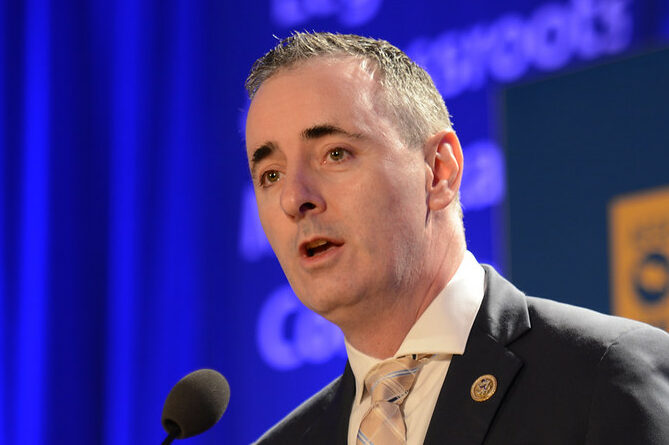In a 6-3 ruling Thursday, the U.S. Supreme Court struck down President Joe Biden’s OSHA vaccine mandate on businesses with more than 100 employees. However, the high court permitted the vaccine rule to be imposed on healthcare workers at institutions that receive Medicare or Medicaid funding, unless those employees have medical or religious exemptions. OSHA […]

